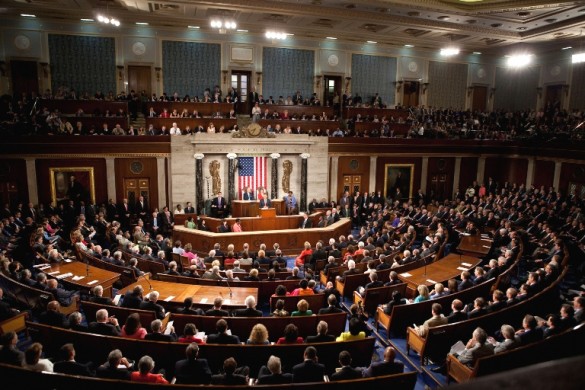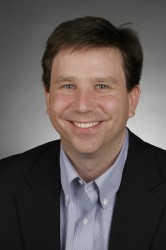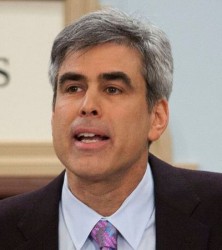
The end of gridlock in Congress may be in sight – if you look 10 or 20 years down the road.
Two professors – one a political scientist at Vanderbilt University and the other a business ethics professor at New York University – speculate hopefully in an opinion piece published Sept. 17 on the website of The New York Times that generational trends have a real chance of gradually reducing the polarization with which Americans have become accustomed. They also recommend a few steps to help speed the process.

“Most Americans who lived through the Second World War were profoundly influenced by it,” write Marc Hetherington of Vanderbilt and Jonathan Haidt in the opinion piece. “America was attacked and it pulled together to fight back.”
Politicians such as Republican President Ronald Reagan and Democratic House Speaker Tip O’Neill famously cooperated with each other as late as the 1980s, the authors write.
“But as those generations aged out of leadership positions, they were replaced by baby boomers whose formative political experience was more akin to a civil war, a divisive struggle over a handful of issues that we are still fighting about today: race, abortion and women’s rights, respect for authority and protection of the environment.”
Hetherington analyzed data from American National Election Studies, the Cooperative Congressional Election Study and CBS News/New York Times, and found that faith in government has been falling since two-thirds of Americans reported trusting it during the early administration of President Lydon Johnson. After Watergate and the Vietnam War, the trust level dropped closer to one-third.
Republicans especially have lost faith in government during the Obama presidency, dramatically dropping to a 50-year low point of 5 percent after soaring during the George W. Bush administration.
As the Millennial generation comes to power over the next two decades, they should bring an entirely different perspective, Haidt and Hetherington write. That generation’s formative experiences will be “9/11, a long recession and the discovery that their parents and grandparents spent all the money, leaving them a mountain of debt,” write Haidt and Hetherington.
“They might well find the will to work together to dig themselves out.”

Hetherington and Haidt offer some steps that could be immediately taken to speed that process along. Among them are:
- Make it harder to launch and sustain a filibuster in the Senate, in order to make it easier for the majority party to implement its program and then be held accountable for the results.
- Draw up electoral districts by a non-partisan process, to reduce the number of manufactured “safe” districts for either party.
- Revert the congressional calendar back to the pre-Gingrich pattern, to keep senators and congressmen in Washington for extended periods of time, so they will interact socially and get to know one another better.
The few months after Election Day offer the best chance to enact any of these changes, because the fiscal situation will likely be the priority of whoever wins, Haidt and Hetherington write.
“Whatever our ideological differences, can we at least agree to push our leaders, after the election, to get their house in order?” Haidt and Hetherington write.